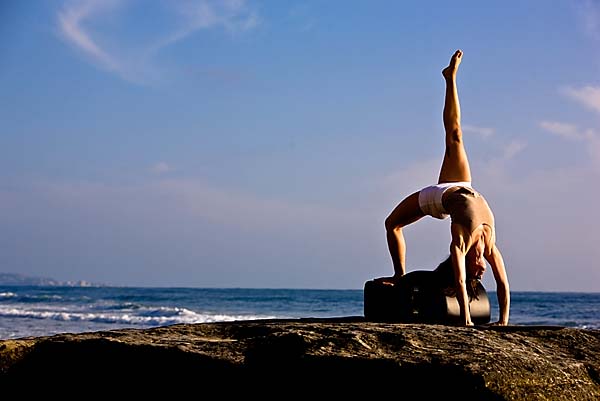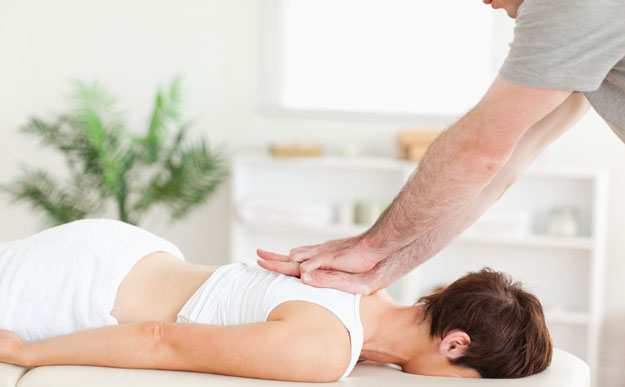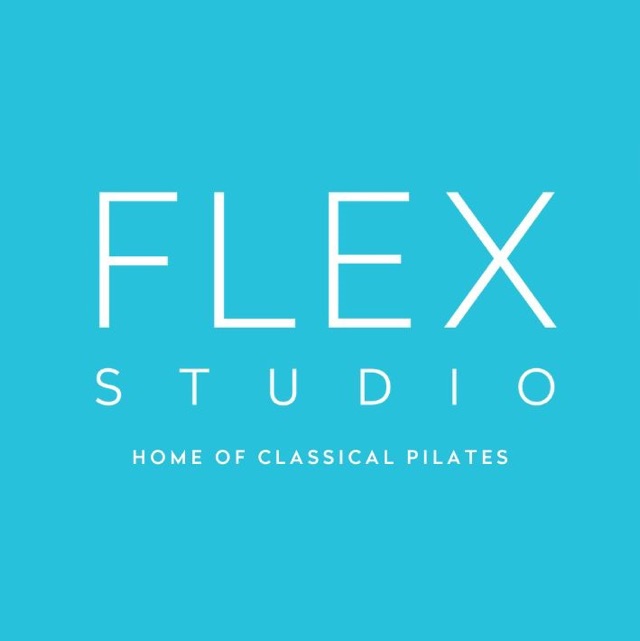
Quick reminders from Joseph Pilates himself on keeping healthy habits to live the good life
Exfoliate the skin
While almost everyone routinely indulges baths or showers, Pilates’ founder, Joseph Pilates, believed that only a small minority really achieve “thorough” cleanliness. He advocated the regular use of an exfoliator such as a stiff brush to scrub. Even better if it doesn’t have a handle forcing us to twist, squirm and contort ourselves in every conceivable way to reach different parts of our body!
Why is exfoliation so important? It stimulates circulation, thoroughly cleanses out the pores and removes dead cells. “The pores of your skin must breathe,” said Pilates. “They cannot do so unless they are kept open and freed from clogging.” After a good scrub, your skin will take on a fresh, glowing appearance and develop a texture smooth and soft to the touch.

Sleep well
It seems so obvious, and yet who among us is really getting the prescribed 8 hours per day? According to Joseph Pilates, good sleep at night is of utmost importance.
“A quiet, cool, well-ventilated room is best,” he once wrote. “Do not use a soft mattress. ‘Firm but soft’ is a good rule to follow… use the lightest possible bed covering consistent with warmth.” Pilates advised against large bulky or stacked pillows – he believed the best was to use none at all.
In order to enjoy good recuperative sleep, one needs quiet, darkness, fresh air and mental calm. Nervousness is usually aggravated by a lack of proper exercise, especially if your mind is troubled. According to Pilates, the best way to alleviate this is through exercise.
“If your sleep is disturbed, rise immediately and perform your exercises,” Pilates once said. “It is far better to be tired from physical exertion than fatigued by the poisons generated by the nervousness of lying awake. He recommended the spinal “rolling” and “unrolling” massage exercises that relax the nerves and induce sound, restful sleep. Do this in dim yellow light for good effect.
Also Read: Sleep Yourself Slimmer by Heather Shalabi

Eat just enough of the right food
According to Pilates, we must “eat only enough food to restore the fuel consumed by the body.” However, he always kept enough of it on hand to furnish the extra energy required if needed.
“Merely eating to satisfy one’s lust for good food is both foolish and dangerous to one’s health,” said Pilates. Unfortunately, this doesn’t go well with today’s foodie culture of food trips and Michelin guides.
Pilates believed that eating in excess of our needs prohibits us from becoming truly physically fit. There’s also such a thing as age-appropriate eating amounts. The younger you are, the more food you need. However, the older you get, the less your food intake should be.
Aside from watching the quantity of food we eat, we should also pay attention to the quality of food that enters our bodies. Since most of us in this day and age are ‘sedentary indoor workers’, we require proportionally less food and of a different kind than say laborers engaged in hard manual toil outdoors.
“Heavy eating followed immediately by sitting, or even lying down is comparable to overloading the firebox with coal and then closing the drafts of the furnace,” said Pilates. He stresses that this generates poisons that eventually find their way into our bloodstream (think: excess sugar converting to fat!).

Focus on building flexible muscles vs. bulky ones
Why should we be more interested in developing flexible muscles over bulging ones? Because the latter hinder the attainment of flexibility. Over-developed muscles actually interfere with the proper development of under-developed muscles.
According to Pilates, true flexibility can only be achieved when all muscles are uniformly developed. “Normal muscles should function naturally in the same manner as those of animals,” he said. “Cats and other wild creatures acquire an ideal rhythm of motion because they are constantly stretching and relaxing themselves, twisting, squirming, turning, climbing, wrestling and playing.”
In Pilates, we properly and scientifically exercise every muscle in our bodies to improve blood circulation. We do not overdevelop a few muscles at the expense of the others with resulting loss of grace and suppleness, or at the expense of the heart or lungs. Pilates was conceived to limber and stretch muscles and ligaments to make the body supple, reflecting grace and balance even in daily activities.
Aside from Pilates, he believed swimming is the next best exercise to employ all our muscles.

Breathe properly
Breathing is the first and last act of life – nothing is more important to our survival. To breathe correctly we must completely exhale and inhale. During breathwork practice, for example, one must try very hard to ‘squeeze’ every atom of impure air from the lungs. When you stand erect again, the lungs will automatically fill themselves with fresh air; this supplies the bloodstream with vitally necessary life-giving oxygen.
Complete exhalation and inhalation also stimulates all muscles into greater activity. This enables the entire body to be charged with fresh oxygen, as seen in the way your cheeks and fingers get pink after sustained cardio.
Since we cannot live without breathing, it’s a shame to never master the art of correct breathing!

Correct your posture
Because of poor posture, practically 95% of our population suffers from varying degrees of spinal “mis”-curvature, not to mention serious ailments. Pilates believed that we were born with a flat back because the spine must be straight. “When the spine curves, the entire body is thrown out of its natural alignment – off balance,” he said. Bad posture goes hand in hand with round, stooped shoulders and protruding abdomens.
The good news? The spine wants to correct itself! Reclining exercises do wonders for the back, for example. Remember always to keep the full length of your back pressed firmly against the mat or floor. When rising or lowering, always do so with a ‘rolling’ or ‘unrolling’ motion imitating a wheel, which leads to a gradual restoration of the spine to its normal position with increased flexibility.

Lose the excess baggage
During your annual medical exam, check your weight against your height to see if you’re in the range of normal – you can even do this yourself! Unnecessary weight on our bodies usually takes the form of undesirable fat. If humans could hibernate like bears, we could draw on this stockpile of reserved energy in the winter. However, we are not hibernating creatures, and don’t have that instinct to ‘sleep’ for long periods of enforced inactivity.
Excess of fat isa detriment to humans, imposing an unnecessarily heavy burden on our heart, liver, bladder and other digestive organs. Even worse is the unnatural formation and accumulation of fat directly around the heart itself. Carrying around this extra poundage produces needless fatigue!

Expose yourself to sunshine and fresh air
“By all means never fail to get all the sunshine and fresh air that you can,” said Pilates. “Your body also breathes through the pores of your skin as well as through your mouth, nose and lungs.” Clean, open skin pores permit perspiration to eliminate the body’s toxins.
Pilates recommended not exercising in sweatshirts; he advocated wearing shorts and lighter, looser clothing – allowing the sun’s life-giving and vitamin-rich rays to reach and penetrate our skin.

Get regular medical checkups
According to Pilates, every adult over 40 years of age should go for a medical examination three to four times a year. If younger, once a year should suffice, although twice would be even better. This is to discover latent ailments in their early stages, ‘nipping them in the bud’ so that no potentially serious illnesses get the chance to grow.
Don’t over-exercise!
You didn’t think this was possible, but Pilates actually warned against repeating selected exercises more than the prescribed number of times. This actually does more harm than good because it can create muscular fatigue.
“There is really no need for tired muscles,” said Pilates. Remember, build your strength gradually over a realistic period of time, do not shock your body into doing anything it isn’t ready for.
Pilates believed that relaxation at fixed intervals throughout our workday is important. “The man who uses intelligence with respect to his diet, sleeping habits, and who exercises properly is beyond any question taking the best preventive medicines provided so freely and abundantly by nature.”
Check our our latest courses & events for more on living a holistic and physically fit life! www.flexhk.com/workshops

